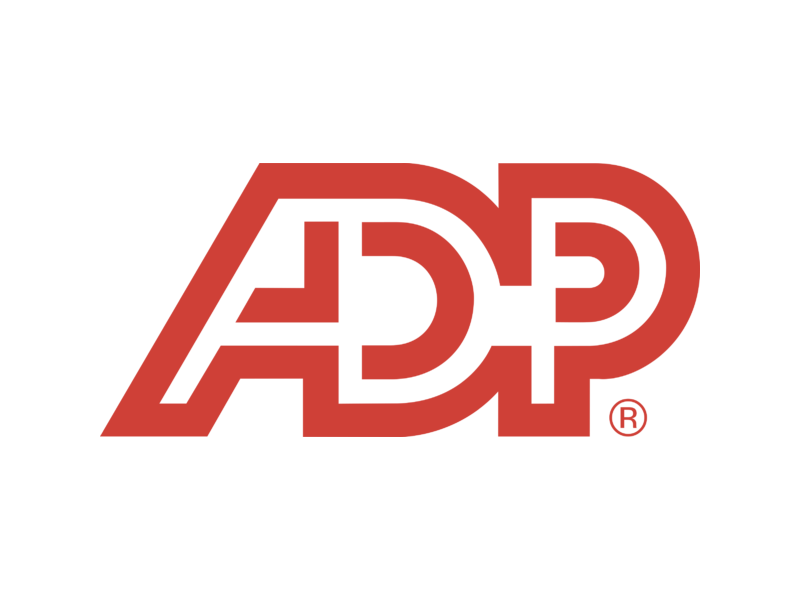Payroll is so much more than just providing a payslip at the end of the month. It has a direct impact on how we pay for things we need and want, so if people are the lifeblood of an organisation, payroll is the heart. It drives employee engagement and trust and ensures business functions are properly supplied and business continues to pump forward. But more often than not, the real impact of payroll is overlooked.
Having an accurate and seamless payroll function is crucial for every business and becomes even more critical in the context of expansion and growth. Business and organisational change can test employee morale, and if basic business functions like payroll do not run smoothly during times of change, organisations risk losing the trust of their workforce, and in turn, negative consequences on the business bottom line. Errors or delays in pay are a one-way ticket to a despondent workforce.
On the flip side, prioritising payroll and understanding its value can help businesses to attract and retain talent.
Robust, accurate data is a core part of developing a successful business strategy, and HR professionals hold some of the most valuable data in an organisation but can be guilty of underestimating its potential. HR teams, using the right technology, can source accurate and insightful data and make it work for them.
For instance, ADP’s The Future of Pay study reveals the increasing demand for alternative payment methods and flexible pay cycles. According to the report, 78% of employers surveyed agreed that companies will need to customise payment options to remain competitive in the war for talent, while 62% of employees say off-cycle pay options, such as the ability to choose pay frequency, would make a difference when considering a job offer.
Therefore, technology is at the heart of a forward-thinking payroll strategy, and without the right tools, the flexibility of organisations to adapt and change to the world around them is limited.
HR and payroll standardisation, and the technology that enables it, is essential for HR teams to avoid being weighed down by administrative burdens. Especially in a global business context, where managing disparate systems and regulations can impede smart and timely business decisions.
For example, by gaining insight into HR data such as levels of overtime, turnover levels and other parameters, and comparing them with geographic information, organisations can determine the best location for a new office.
Expand this use of data globally, and business can truly utilise the power of detailed insight in order to remain competitive on a global scale, and in terms of employee benefits and expectations in each of their markets.
Payroll can also illuminate the ethics and values of organisations which play an important role in remaining competitive. It is essential that companies not only stay on top of reporting requirements in order to be compliant with legislation, but also because they provide insight into the culture of an organisation.
With gender pay gap reporting implemented in the UK, and ethnicity pay reporting potentially on the horizon, payroll is more than just a business function, it’s an opportunity for organisations to be transparent about their business practices. If you value diversity and gender parity in the workplace, there are few things more important than how companies reward their people.
In addition to increasing regulatory compliance and pay reporting, it is likely that businesses will face a need for real-time reporting in the near future. Not only will they need to report on more data sets, but the form and frequency in which they do will shift, and these are increasingly time-consuming responsibilities.
A payroll system that is efficient, dynamic, and run by qualified and professional payroll staff ensures that HR teams are utilising their resources to support business growth, rather than struggling to keep up with on time payments.
Payroll is probably not the first thing that springs to mind when we think of business success, but it is the foundation of what makes a business tick. Companies in every industry require payroll to operate, and to run smoothly and accurately with no room for error.
Paying your people accurately, while also responding to business and economic changes can be a daunting challenge. However, investing in cutting edge HR and payroll technology is worth the rewards of stronger insights and employee trust. Organisations of all sizes must understand the vitality of accurate and reliable payroll that empowers organisations to perform at their very best.
Jeff Phipps is managing director at ADP









